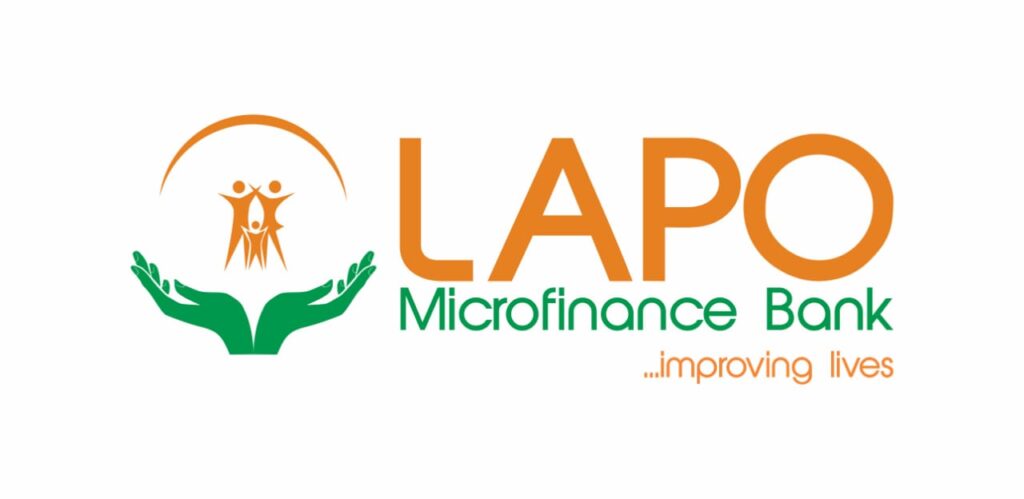A report from LAPO Microfinance Bank has revealed that over 70 per cent of Nigerian households lack access to affordable loans for water, sanitation, and hygiene infrastructure.
According to a statement, Lapo Bank, during a workshop in Lagos on Tuesday, presented findings from its latest WASH Market Research Survey to stakeholders, including development partners, researchers, and financial experts.
Managing Director of LAPO Microfinance Bank, Cynthia Ikponmwosa, said the research was part of the bank’s commitment to bridging the financing gap in Nigeria’s WASH sector.
She noted that clean water and safe sanitation are “not only a basic human right but also a catalyst for economic productivity, education, and women’s empowerment. Through our WASH loan programme, LAPO MfB is enabling
households to invest in infrastructure that transforms lives and protects future generations.”
Head of Research and Business Development at the bank, Evbuomwan Efosa, who presented the findings, stated that the study covered six states across Nigeria’s geopolitical zones – Anambra, Edo, Kano, Lagos, Nasarawa and Taraba.
According to Efosa, the survey, which sampled 1,500 households and 600 WASH-sector Small and Medium-Sized Enterprises, found strong links between access to microfinance and improved hygiene, especially in women-led households.
He said, “Our data underscores that WASH financing is both a health intervention and an economic empowerment tool.”
The report revealed that urgent needs remain unmet, with 78 per cent of households in need of toilet facilities, 65 per cent lacking clean water access, and 52 per cent without adequate hygiene infrastructure.
Efosa noted stark regional disparities, particularly in Kano, Taraba and Nasarawa, where only 35 to 61 per cent of households have access to clean water, while open defecation rates exceed 43 per cent.
The research also showed that most households prefer small loans below N500,000, with interest rates of 12–15 per cent annually and flexible repayment terms of 12 to 24 months. However, 60 per cent of respondents were unaware that WASH-specific loans even exist.
It added that the need of SMEs operating in the WASH sector, such as water vendors and sanitation service providers, is larger, with collateral-free loans exceeding N1m alongside technical support.
LAPO MfB announced plans to pilot targeted household loans of N100,000 to N200,000 in high-need states such as Taraba and Nasarawa to address the gaps.
The bank also noted that it intends to expand SME financing using group-based lending models and deepen outreach through cooperatives, market unions and religious institutions.
Senior Account Partnership Manager at Water.org and LAPO MfB partner Gilbert Okpono described the partnership as a model for sustainable finance in underserved communities.
“This partnership underscores our shared values of improving lives and commitment to environmental stewardship by providing equitable opportunities,” Okpono said. “The LAPO MfB WASH loan model exemplifies how sustainable finance can uplift underserved populations.”
The workshop ended with a roundtable dialogue featuring stakeholders from government, civil society, and the development finance sector, focusing on scaling impact, digital financial solutions, and improved data collection for WASH financing.
LAPO Microfinance Bank said it remains committed to its 30-year mandate of supporting low-income households and small businesses through inclusive, sustainable financial services.















